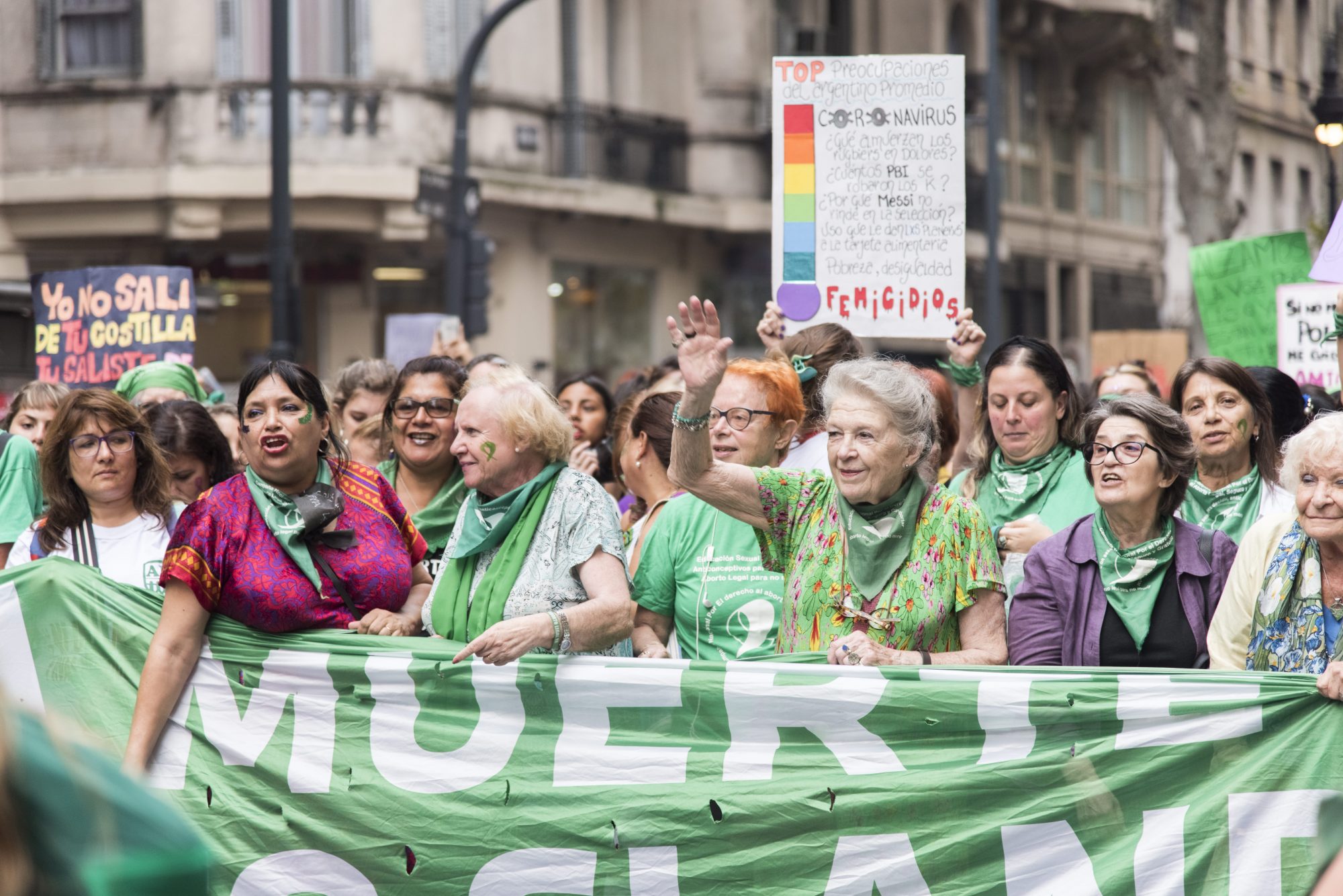Colombia’s constitutional court decriminalises abortion within 24 weeks of conception in a monumental step towards Latin American reproductive rights
Wednesday the 23rd of February saw a monumental governmental change take place in Colombia. The constitutional court of Colombia voted to decriminalise abortions within the first 24 weeks of pregnancy in an effort to make abortions safer and more accessible.
In a statement, the court said: “The practice of abortion will only be punishable when it is conducted after the twenty-fourth week of gestation and, in all cases, this time limit will not apply to the three conditions laid out in Ruling C-355 of 2006.”
Being a predominantly catholic and conservative region, this historic change is a massive step towards ensuring reproductive rights across other Latin American countries. Some Latin American nations have been shifting their attitudes on abortion in the last few years, 2020 saw Argentina approve abortions up to 14 weeks after conception along with Mexico’s Supreme Court ruling criminal penalties for abortions being unconstitutional.
2006 saw Colombia partially legalise abortions- making exceptions for cases of rape, fatal foetal deformity and cases wherein the life of the mother is threatened. However although making this change, the country still stated that in any other situation women risked criminal prosecution and imprisonment.

Why has Colombia decriminalised abortion now?
Arguing that the previous laws were unconstitutional due to it denying women their right to healthcare, the Casa Justa coalition of feminist and reproductive rights groups filed a lawsuit against the law in 2020 which evidently has resulted in some dramatic changes to Colombia’s laws. Made up of more than 100 feminist groups, the coalition tweeted ‘We did it!” after the news broke.
Criminalising abortion has been shown to only put women in more danger. In removing the ability to access free and safe abortions through recognised healthcare services it pushes women to seek unsafe abortions elsewhere.
It’s been noted that even in nations that allow access to abortion in the case of rape and other exceptions – many still choose unsafe abortion options due to the social stigmas that exist.
“After the right to suffrage, this is the most important historic achievement, for the life, autonomy and full and equal realisation of women,” Bogota mayor Claudia Lopez Hernandez tweeted.
Qué emoción haber vivido para ver al fin este logro para las mujeres en Colombia!
Después del derecho al sufragio, este es el logro histórico más importante para la vida, la autonomía y la realización plena e igualitaria de las mujeres.
Gracias mujeres! Gracias @CConstitucional! https://t.co/2VprcEolbq— Claudia López Hernández (@ClaudiaLopez) February 21, 2022
According to a report published by The Guardian reproductive rights groups have estimated that around 400,000 abortions are performed in Colombia each year yet only 10% are carried out legally and in fully safe environments.
Continuing the fight for access to rights
Being the 5th Latin American country to decriminalise abortions with Argentina, Uruguay, Cuba and Guyana having already introduced such laws, many are asking how long it will take the rest of Latin America to follow in its footsteps.
Latin America is a traditionally conservative region with religion having a strong hold over governmental policy. Most countries around the globe allows an abortion to be performed when the life of the mother is at risk however, exceptions such as El Salvador, Nicaragua and the Dominican Republic still exist. Along with these, Catholic Malta is the only European country to have a total ban on abortion.











